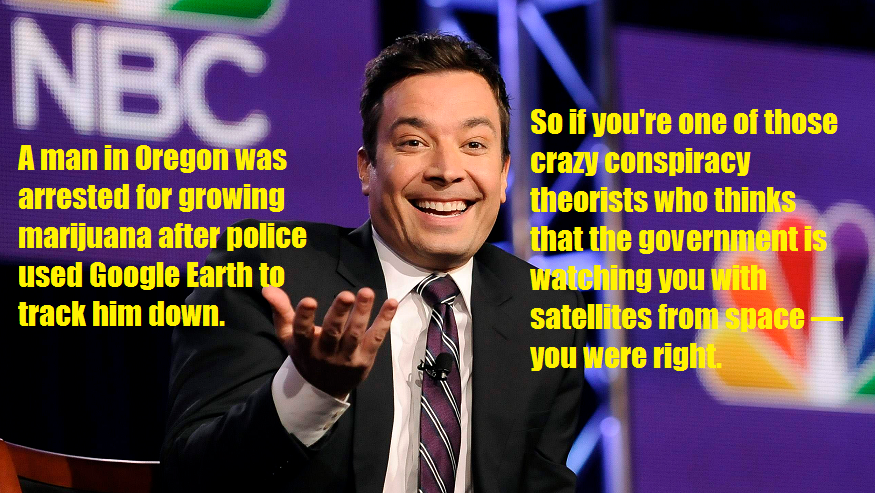Government mass surveillance has vitalised efforts to make the Internet more secure and anonymous.
Today EFF announced “A Certificate Authority to Encrypt the Entire Web”. And Wired reports “Whatsapp Just Switched on End-to-End Encryption for Hundreds of Millions of Users”. At the same time Blockchain technology is being used not only for virtual currency, but also for projects like safe cloud computing.
Every day now, we see “the Internet” fighting back.
At the same time this will raise the stakes. Governments around the world are not amused. Many police-, intelligence- and surveillance authorities demand back doors or a ban on encryption all together.
Needless to say, the latter will not happen. In many cases such a ban would be impossible to enforce. And a large portion of private (and public) business relies on encryption to be able to conduct their business.
Some countries have tried. In a piece in The Register way back at 1999 we can read the following report from France…
“Until 1996 anyone wishing to encrypt any document had to first receive an official sanction or risk fines from F6000 to F500,000 ($1000 to $89,300) and a 2-6 month jail term. Right now, apart from a handful of exemptions, any unauthorised use of encryption software is illegal. Encryption software can be used by anyone, but only if it’s very easy to break. Many French users and businesses have complained that this is not only an infringement of privacy but makes it impossible to provide e-commerce transactions that can be trusted to be safe and secure.”
We might laugh–but the mindset of the authorities seems to be the same, even if they have to stand down in the face of reality.
In the news this week, we have the ongoing fight between Apple, Google and the FBI…
Huffington Post: FBI Director Calls On Congress To ‘Fix’ Phone Encryption By Apple, Google
Time: FBI Director Implies Action Against Apple and Google Over Encryption
Wired: The FBI Is Dead Wrong: Apple’s Encryption Is Clearly in the Public Interest
In this case, Apple and Google acts from the purest of motives: money.
They have realised that mass surveillance is bad for business, especially for overseas business. The same is true for Microsoft, Amazon, Dropbox and others.
What NSA and their international counterparts have managed to do is to (more or less) unite business and internet activists against a common enemy.
There might be reason for cautious optimism.
/ HAX
